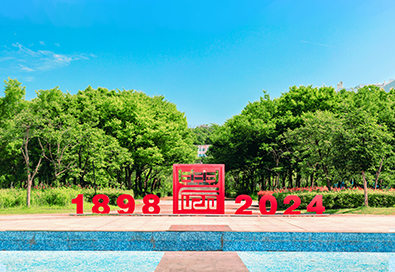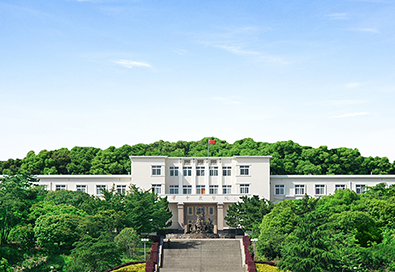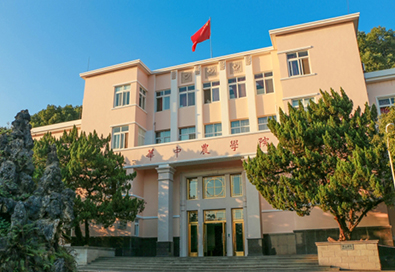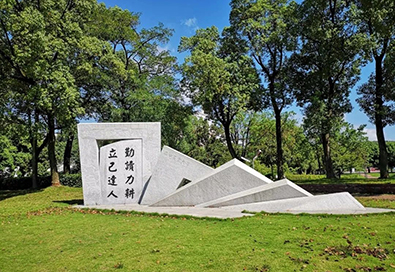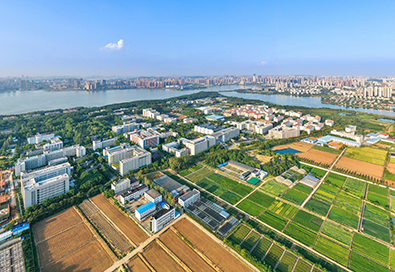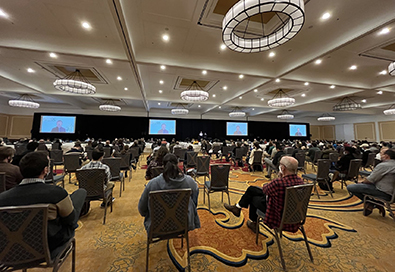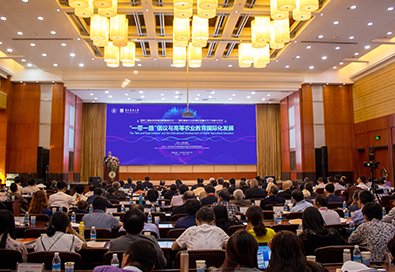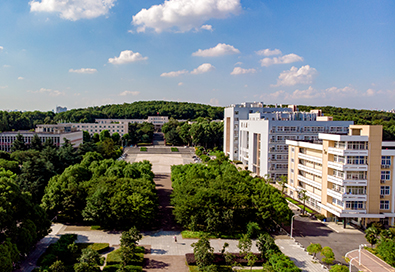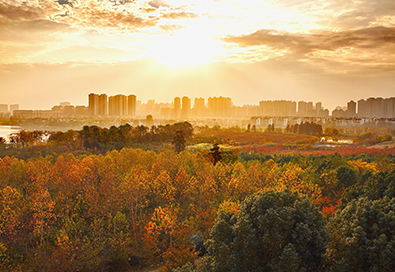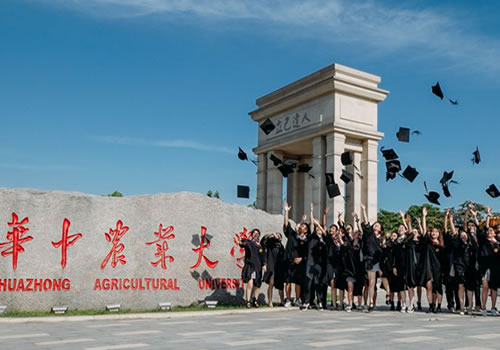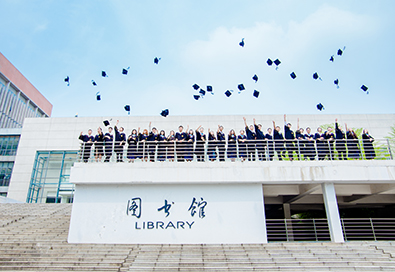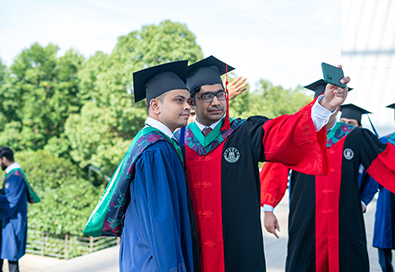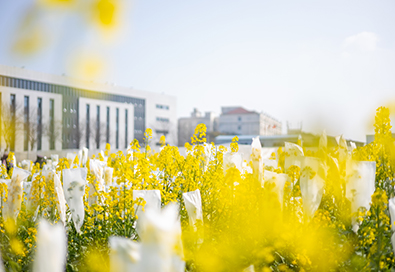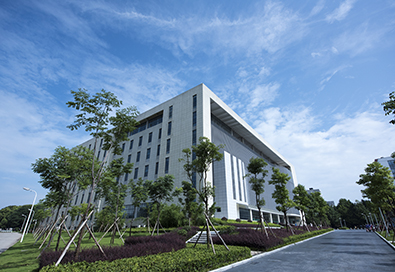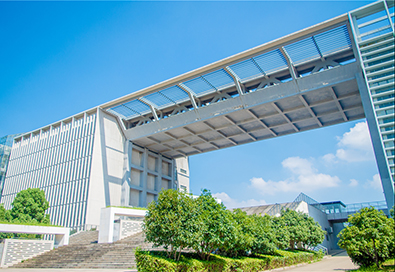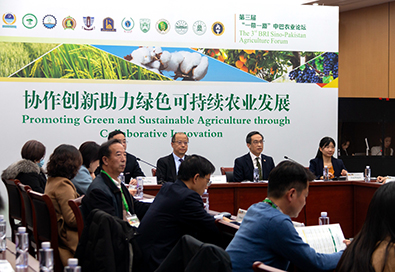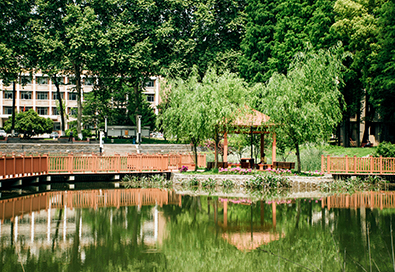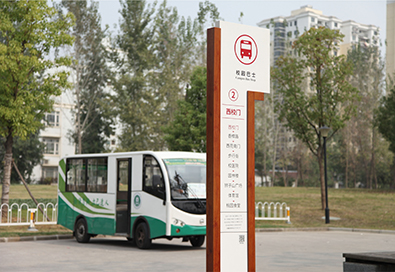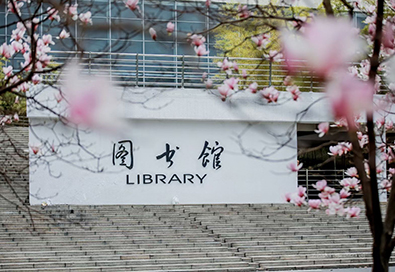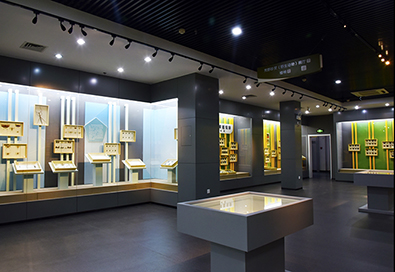SuReFood Alliance 2nd Annual International Conference was held at Huazhong Agricultural University on July 13 and 14. The conference focused on "Sustainable Resource Management and Food Systems: Land-Water-Food Nexus in China".
The opening ceremony, hosted by Li Gucheng, dean of the School of Economics and Management of HZAU, was held July 13.
Yan Jianbing, vice-president of the unviersity, said in his keynote speech that ensuring food production and sustainable use of natural resources faces challenges due to reasons such as climate change and regional conflicts, stressing the urgency of achieving sustainability in resource development and utilization.
Nico Heerink, the Dutch president of SuReFood Alliance, spoke about the vision, current situation and future development of SuReFood Alliance. He also welcomed domestic and international researchers to join the organization to conduct more high-quality research to generate more positive social impact.
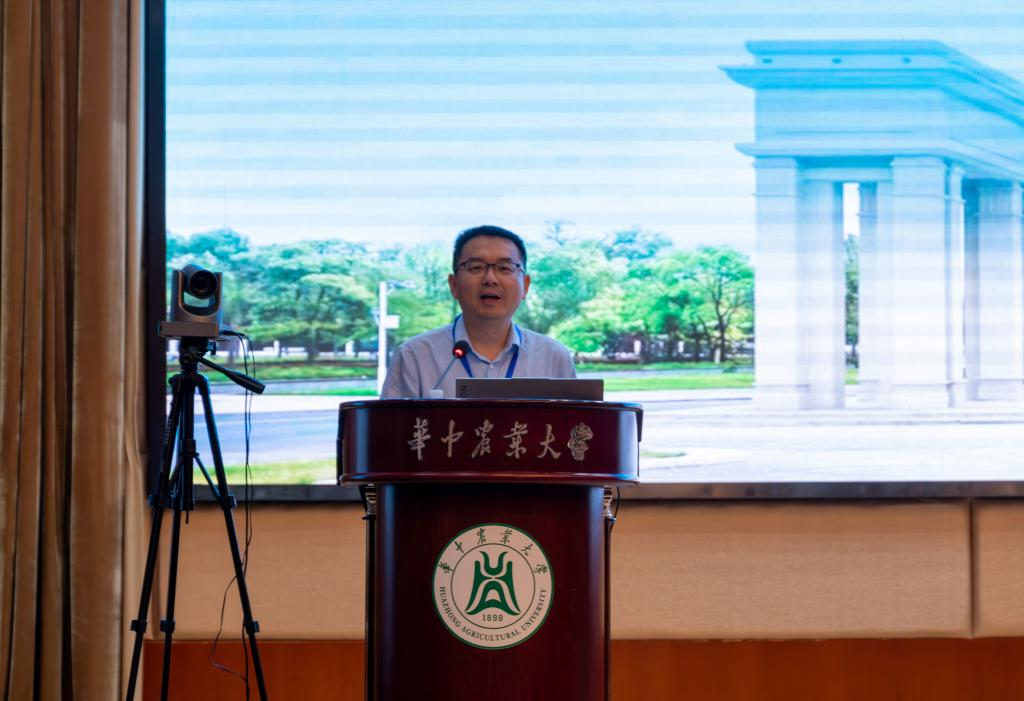
Yan Jianbing, vice-president of Huazhong Agricultural University, delivers a speech at the opening ceremony of the SuReFood Alliance 2nd Annual International Conference at the university on July 13.
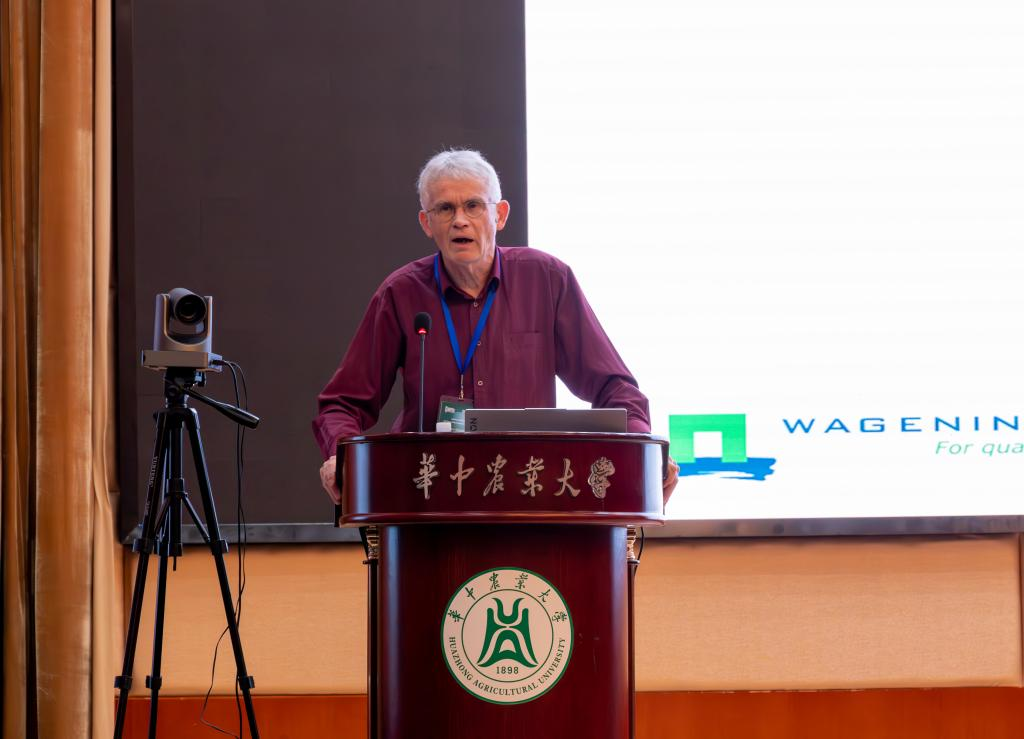
Nico Heerink, the president of SuReFood Alliance, delivers a speech at the opening ceremony at Huazhong Agricultural University on July 13.
Fan Shenggen, director of the Academy of Global Food Economics and Policy at China Agricultural University, delivered a keynote report titled "Big Food: Concept, Measurement and Policies". He discussed topics such as the discrepancies between food supply and demand, the utilization of natural resources, the connotations of “Big Food”, and the transformation of agricultural food systems. He provided suggestions for the sustainable development of agricultural food systems.
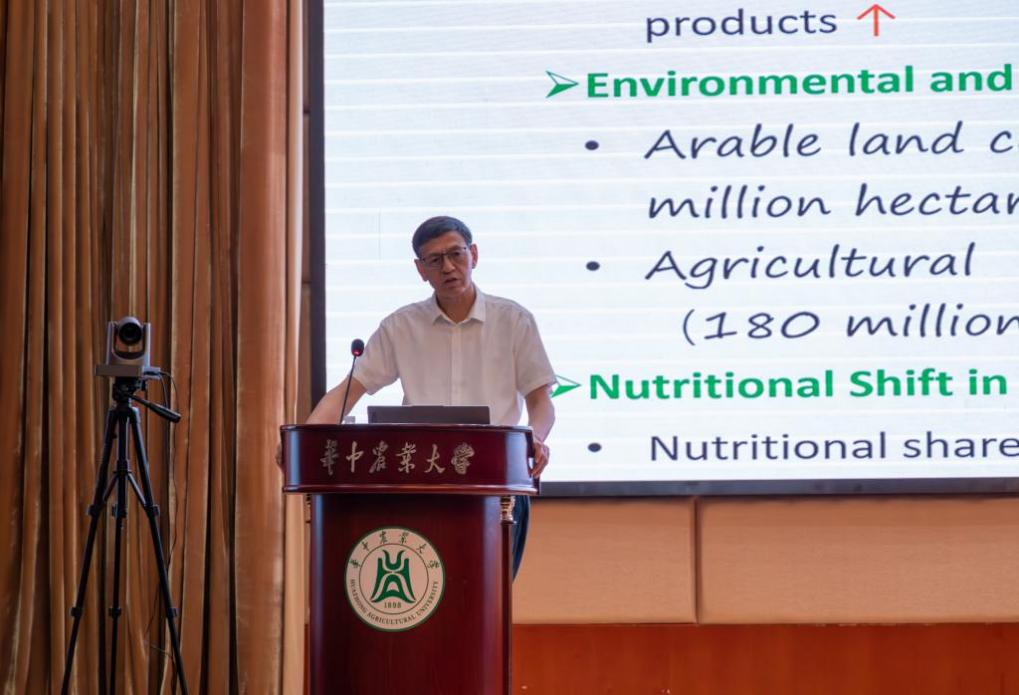
Fan Shenggen, director of the Academy of Global Food Economics and Policy at China Agricultural University, presents a key report during the conference at Huazhong Agricultural University on July 13.
Qi Jiaguo, a professor in Michigan State University's Department of Geography, Environment, and Spatial Sciences, presented a report titled "Understanding the Interplay of Water, Food and Hydropower Systems in the Lower Mekong River Basin". The report used the lower Mekong River basin as an example to analyze the complexity of river basin water environmental systems, pointing out research priorities in river systems, energy systems, and food systems when balancing long- and short-term demands. He emphasized that the research of complex systems requires large-scale cooperation across departments.
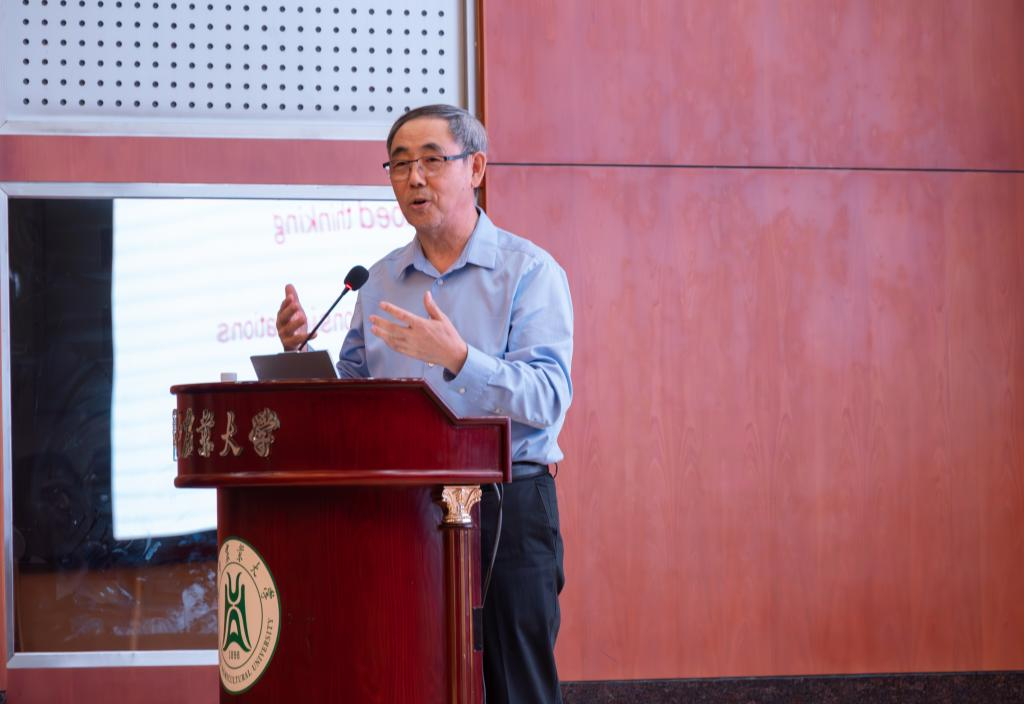
Qi Jiaguo, a professor in the Department of Geography, Environment, and Spatial Sciences at Michigan State University presents a report at the conference at Huazhong Agricultural University on July 13.
Maryna Strokal, an associate professor in the Department of Earth System and Global Change at Wageningen University, presented a report titled "Towards an Optimistic Future: Is Sustainable Agriculture Enough to Ensure Clean Water for All?". The report explored how to effectively address the issue of multiple pollutants in water bodies to ensure the sustainability of clean water resources.
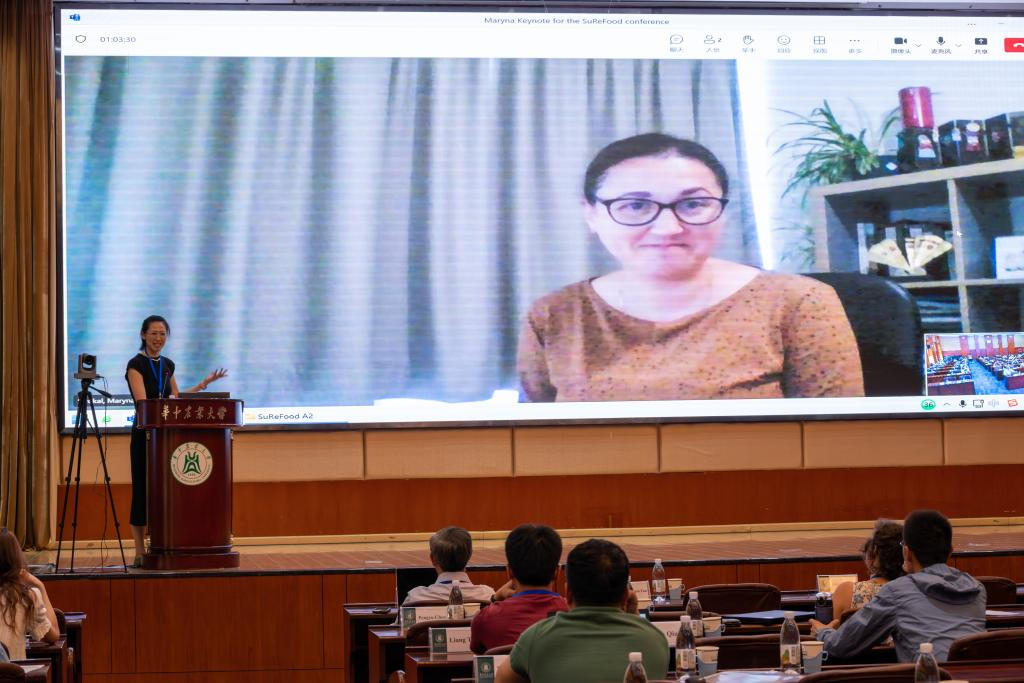
Maryna Strokal, an associate professor in the Department of Earth System and Global Change at Wageningen University, delivers a report at the conference at Huazhong Agricultural University on July 13.
Yan Tingwu, vice-dean of the School of Economics and Management at HZAU, hosted the conference on July 14.
Justus Wesseler, head of the Agricultural Economics and Rural Policy Department at Wageningen University, delivered a report titled "Contribution of the Circular Bioeconomy Towards Sustainable Development: Opportunities and Challenges". The report provided a detailed interpretation of the connotations, development and application of the bioEconomy in the EU, emphasizing that it is an indispensable part of promoting circular sustainable development in the field of agricultural economics and rural policy research.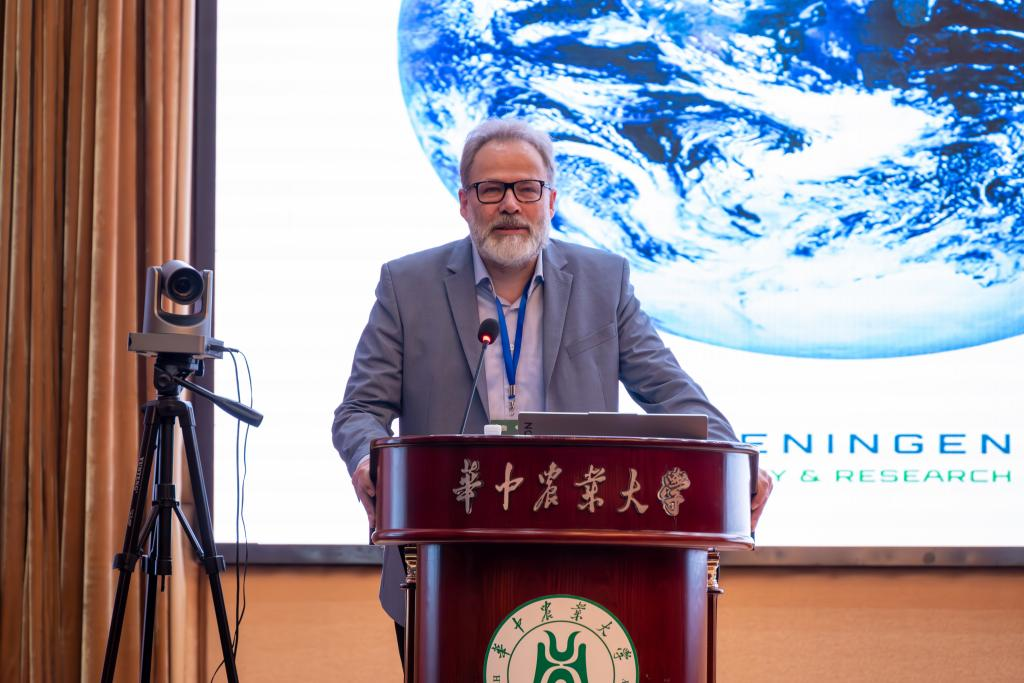
Justus Wesseler, head of the Agricultural Economics and Rural Policy Department at Wageningen University, delivers a speech at the conference on July 14.
Hu Xiangdong, director of the Institute of Agricultural Economics and Development at the Chinese Academy of Agricultural Sciences, delivered a report titled "Prospects for the Adjustment Plan of China’s Food Supply and Demand Adaptation", focusing on China's plan for 2035 and 2050. He assessed the future structure of China's food demand from the perspectives of variable income elasticity and ideal diet, proposing corresponding adjustments to agricultural production structures and optimization plans for the import pattern of major agricultural products and feed grains.
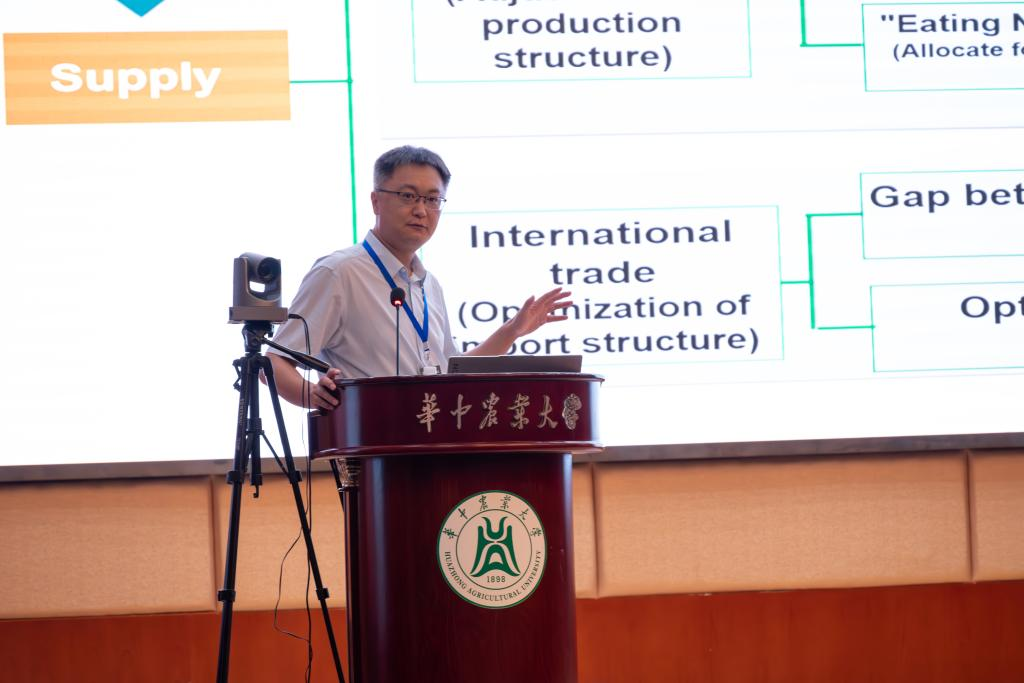
Hu Xiangdong, director of the Institute of Agricultural Economics and Development at the Chinese Academy of Agricultural Sciences, delivers a report at the conference on July 14.
Feng Shuyi, dean of the School of Public Administration and the executive deputy director of the China Resources & Environment and Development Academy at Nanjing Agricultural University, delivered a report titled "Land Tenure Institutions and Green Agricultural Development in China". The report studied farmer behavior and sustainable resource management from the perspective of land tenure changes, and demonstrated the significant impact of land tenure confirmation on the adoption of sustainable and green agricultural technologies.
Feng Shuyi, dean of the School of Public Administration and the executive deputy director of the China Resources & Environment and Development Academy at Nanjing Agricultural University, delivers a report at the conference on July 14.
In addition to presenting reports, the conference arranged 16 parallel forums with themes including utilization and transformation of rural land, sustainable land use, land tenure, food consumption and health, food supply chains, e-commerce, climate change and greenhouse gas emissions, government public policy effects, green agricultural production technologies, the application of agricultural chemicals, livestock farming and water resource issues, agricultural cooperatives and agricultural systems and rural revitalization.
Members of the SuReFood Alliance and teachers from the School of Economics and Management at Huazhong Agricultural University were invited to serve as hosts or reviewers to provide comments on academic reports in different parallel forums. They affirmed the research progress of the young scholars, encouraging them to develop their thinking abilities, engage in domestic and international exchanges and cooperation, learn from each other and broaden their academic horizons.
At the end of ceremony, Li Fan, an associate professor at HZAU's School of Economics and Management, and Wang Mengru, an assistant professor in Wageningen University’s Department of Earth System and Global Change, jointly delivered a report titled "China's Transition Towards Sustainable Food Systems Requires Finetuning of Policies". They summarized the challenges faced by China's sustainable agricultural development and the existing development strategies and directions based on the research results of 2016 to 2023 of the "Sustainable Utilization of Natural Resources and Environmental Governance under the Food Safety and Security Strategy", the result of a cooperation between China and the Netherlands.
During the closing ceremony, Li Gucheng and Wesseler signed the "Framework Agreement for Cooperation between the School of Economics and Management of Huazhong Agricultural University and the Social Sciences Department of Wageningen University". They also held the unveiling ceremony of the SuReFood Alliance for Sustainable Resource Management and Food Systems Research Alliance.
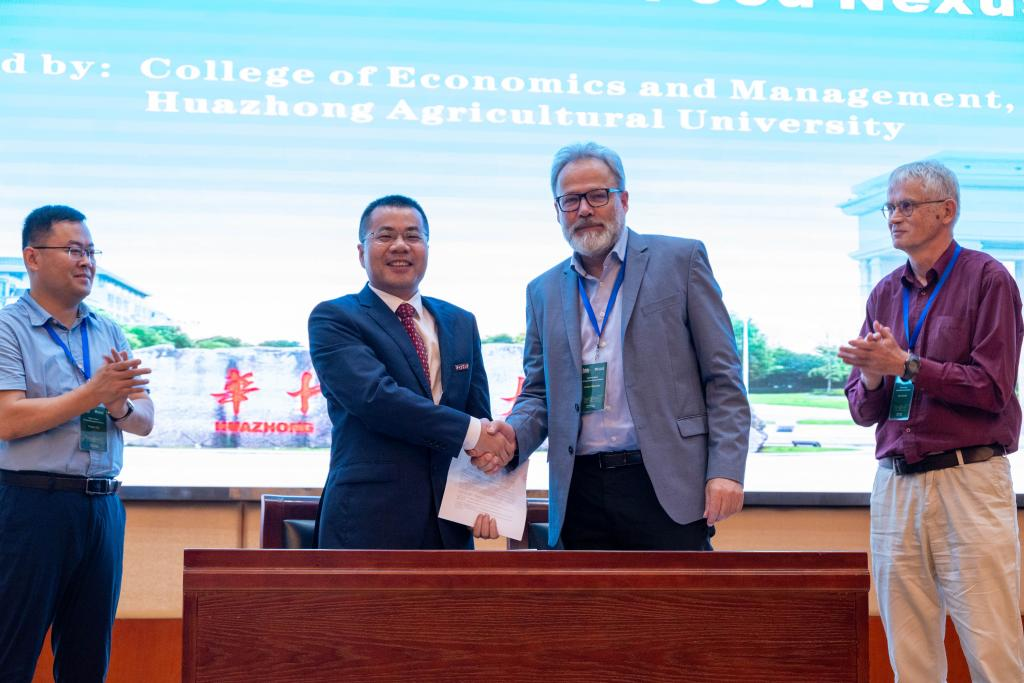
Li Gucheng and Justus Wesseler shake hands after signing the cooperation agreement at the closing ceremony of the conference at Huazhong Agricultural University on July 14.

